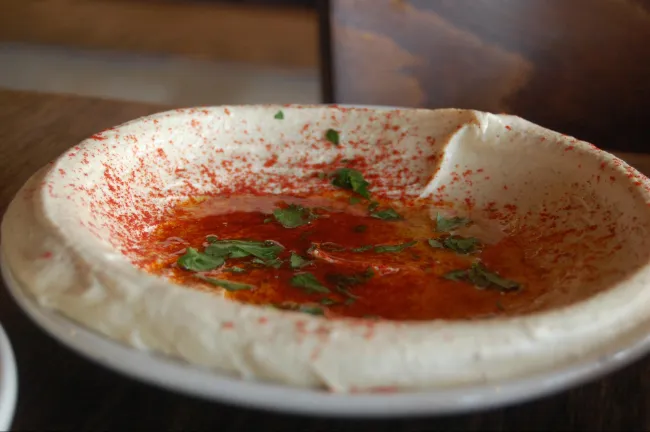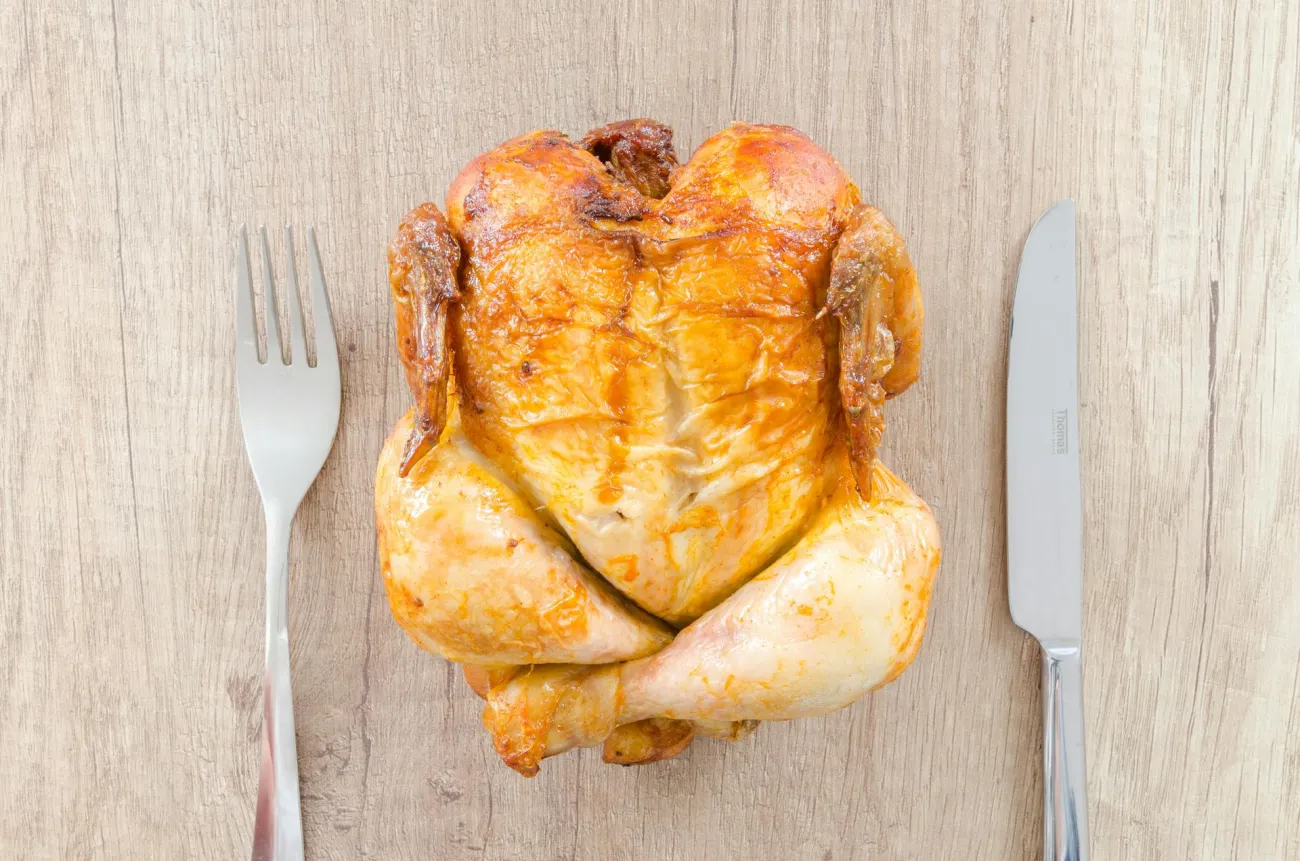In this article, researchers aim to understand the factors predicting why people return to eating meat after adopting a non-meat diet. Since past research shows that political ideologies play a role in predicting meat consumption, the researchers’ focus is investigating to what extent these ideologies predict lapsing from vegan/vegetarian diets.

The study also tries to understand the reasons why and the degree to which political ideology operates. Demographic variables, such as age, gender and education are also taken into account so that the effect of ideology could be isolated and quantified as a predictor of lapsing into meat-eating.
Data for the study were collected by the Faunalytics charity. Surveys were conducted with a representative US sample (1313), albeit having somewhat “older, wealthier, more educated, [and] less racially diverse” people and with more women than average (Asher et al., 2014). Of the 1313, 1102 were former vegans/vegetarians and 211 current vegan/vegetarians. The authors hypothesised that more conservative people will exhibit greater odds of lapsing to meat consumption. They also investigated whether the connection between conservatism and lapsing into meat-eating might be explained by one or some of the following factors: justice motivations underlying initial vegan/vegetarian diets, personal reasons for becoming vegan/vegetarian, peer/cultural influence to become vegan/vegetarian, meat craving, insufficient social support, health concerns and inconvenience.
Their hypotheses were confirmed after conducting a series of correlations and descriptive statistics. Particularly, the study found that greater conservatism was associated with greater likelihood of lapsing. Individuals with greater conservatism were likely to be less strongly initially motivated by social justice concerns (such as animal right or environmental concerns) or personal reasons (such as cost, health, taste preferences and disgust) when deciding to become vegan/vegetarian. Conservatism was also linked with some of factors which make lapsing more likely (e.g. insufficient social support; health concerns) but not others (e.g. meat-craving; inconvenience). The authors statistically controlled for potentially confounding factors such as age, education, and sex. The results confirmed their previous findings, as conservatism predicted greater lapsing. This is because more conservative individuals were less likely to have strong concern for social justice issues and were also less likely to receive social support for remaining vegan/vegetarian.
The large, representative American community sample is a key strength of the study. However, the authors acknowledge several limitations. The survey questions measured a limited number of influencing factors, which could undermine the reliability of the the participants’ responses. Moreover, tracking attitudes over time and separating vegans and vegetarians within the samples could enhance the study’s findings.
Abstract
Lapses from vegetarian and vegan (i.e., veg*n) food choices to meat consumption are very common, suggesting that sustaining veg*nism is challenging. But little is known about why people return to eating animals after initially deciding to avoid meat consumption. Several potential explanatory factors include personal inconvenience, meat cravings, awkwardness in social settings, or health/nutrition concerns. Here we test the degree to which political ideology predicts lapsing to meat consumption. Past research demonstrates that political ideology predicts present levels of meat consumption, whereby those higher in right-wing ideologies eat more animals, even after controlling for their hedonistic liking of meat (e.g., Dhont & Hodson, 2014). To what extent might political ideology predict whether one has lapsed from veg*n foods back to meat consumption? In a largely representative US community sample (N = 1313) of current and former veg*ns, those higher (vs. lower) in conservatism exhibited significantly greater odds of being a former than current veg*n, even after controlling for age, education, and gender. This ideology-lapsing relation was mediated (i.e., explained) by those higher (vs. lower) in conservatism: (a) adopting a veg*n diet for reasons less centered in justice concerns (animal rights, environment, feeding the poor); and (b) feeling socially unsupported in their endeavor. In contrast, factors such as differential meat craving or lifestyle inconvenience played little mediational role. These findings demonstrate that ideology and justice concerns are particularly relevant to understanding resilience in maintaining veg*n food choices. Implications for understanding why people eat meat, and how to develop intervention strategies, are discussed.
Reference
Hodson, G. and Earle, M., 2018. Conservatism predicts lapses from vegetarian/vegan diets to meat consumption (through lower social justice concerns and social support). Appetite, 120, pp.75-81.
Read the full article here. See also the Foodsource resource What are the influences on our food choices?




Comments (0)